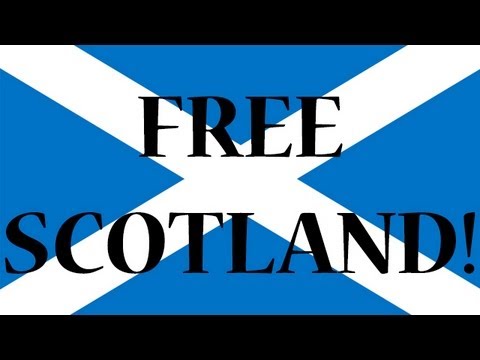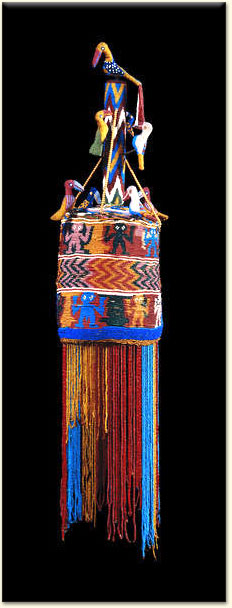Thursday, November 24, 2011
Morals on the Consignment Plan
Watching House again; I record the re-runs, then watch. On the off chance there is something good on cable and I am watching it, when the commercials come on I switch to House, and I usually become engrossed and forget about whatever it is that I was watching.
It is not hard to do; there is very little of interest.
Do you know the most interesting titles are on the Smithsonian channel? I do, because I am always tripped up by them as I surf, then I notice that they are on the Smith and I do not pay the subscription rate for the high priced schmear of cable on my bialy... but there must be a science or art to writing titles, if I am uniformly grabbed by Smith's.
So I wuz watchin' an ep (episode - I have decided to emulate those oh, so many, other twits I know and do my comm - communication - with texty-like shorties.) and this frail ( I have also decided to talk like a 1930's gangster or to sound like Ringgold Lardner short stories.) talks with House about stuff and it ends up that the frail sez that if there is no God, then there is no overall meaning, no eventual meaning behind all the mess of life.
Of course, House has to plead for the ultimate lack of meaning in life, but I ignore that part, and he is still my fav teev peep ( favorite cable TV person).... should have said FTP.
(No matter how much the writers make House seem like an atheist libertarian and follower of Ayn Rand - who believes man to be a 'machine' - I know he is still Hugh Laurie who was Bertie Wooster to Steven Fry's Jeeves!)
This view of God is much, too much like the dramatic process of bringing all the threads of the story together and wrapping up the story: as when House finally intuits the correct diagnosis, or Charlie Chan solves the crime, or The Thin Man has everyone together in the Conservatory and hands the criminal over to the cops before downing his third martini... post-lunch martini.
Perhaps the standard of morality by which we measure "meaning" is not external. We act as if it were because that is how we do things: we use language like a measuring stick and apply it to the dimensions of the universe and build a model in three dimensions and time.
Morality might be within our acts themselves. That is, when we do a moral act capable of being evaluated as good or bad, the standard by which we measure might not be external to the act; it might not be a set of rules written down somewhere, but it may exist with the process of the act itself.
This would be equivalent - in the imaginations of the imaginative - to having the 10 Commandments not written in stone nor in our Bibles, not in our hearts either, but to be immanent and existing within our behavior and actions.
Does the metaphysical location of the moral absolute matter?
People might say our acts are fleeting, hence, the moral code is also fleeting.
I say that the infinite goodness of God pervades the universe, and it arises everywhere, just as does the quantum foam, and each Unit of the Divine Unity is mirrored a billion times throughout Creation.
There is no outside nor inside: it is milk into coffee and by our act we drink the cafe au lait... and it becomes us, also...
... and the momentary nature of our intelligent attention span does not somehow denature nor even distill the spirit of our moral acts.
God is not on consignment to the intelligences of the 20th century and the early 21st century, and it is this fact that give me great joy!
Have a Happy Thanksgiving!
The Present is not forever!
--
Labels:
holidays,
philosophy,
TV
Subscribe to:
Post Comments (Atom)


















No comments:
Post a Comment